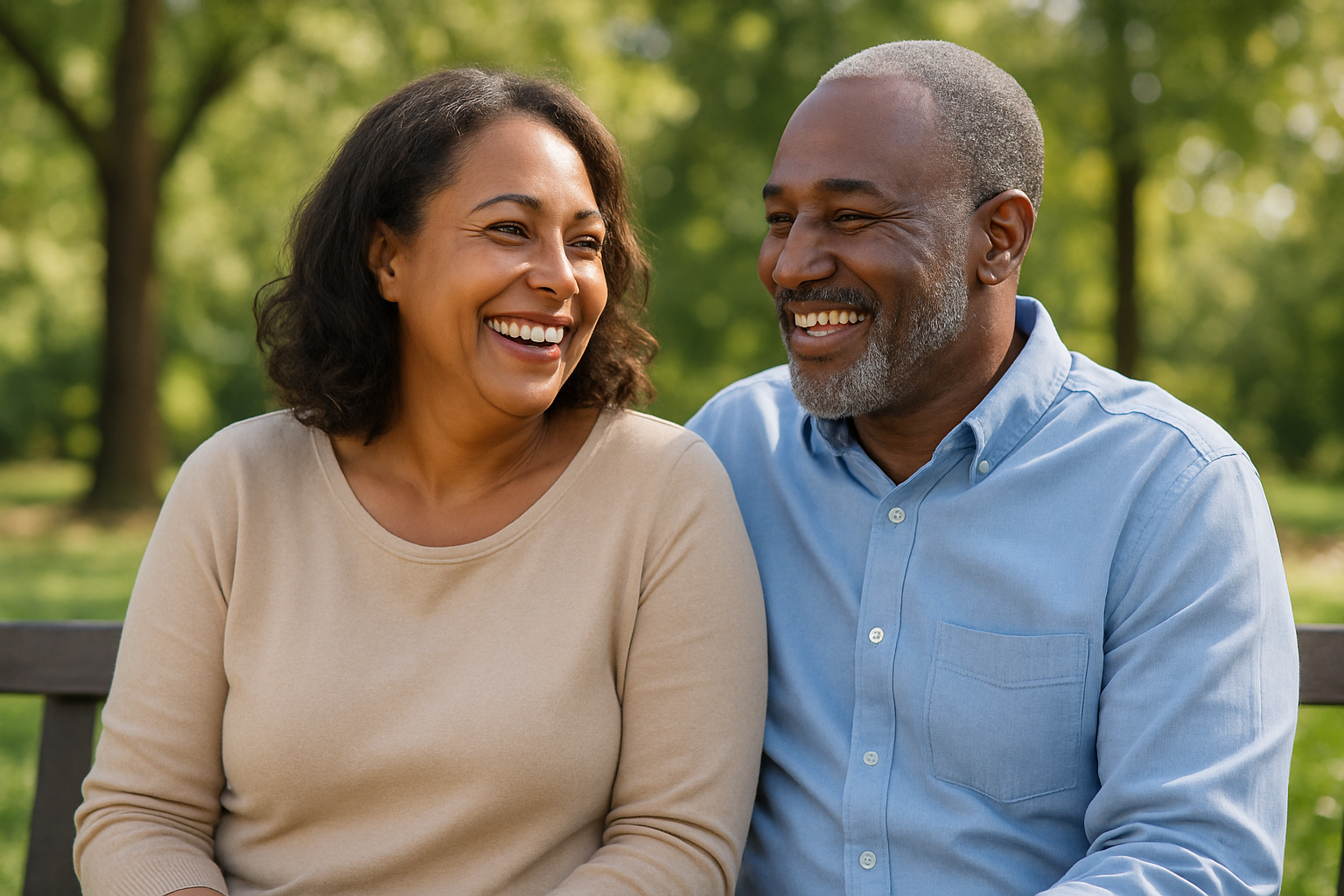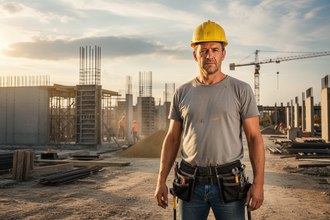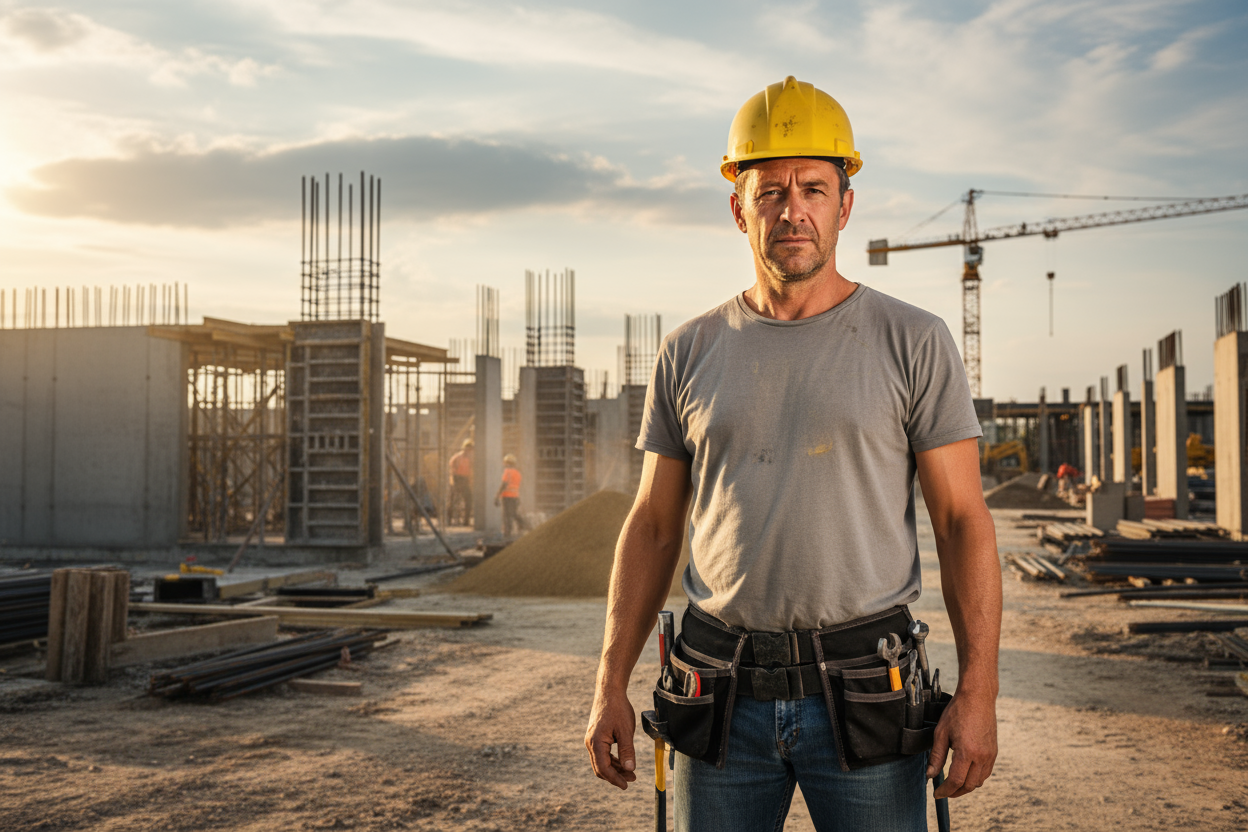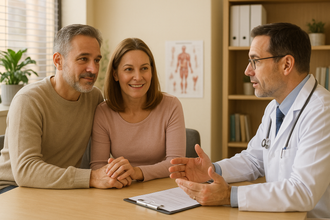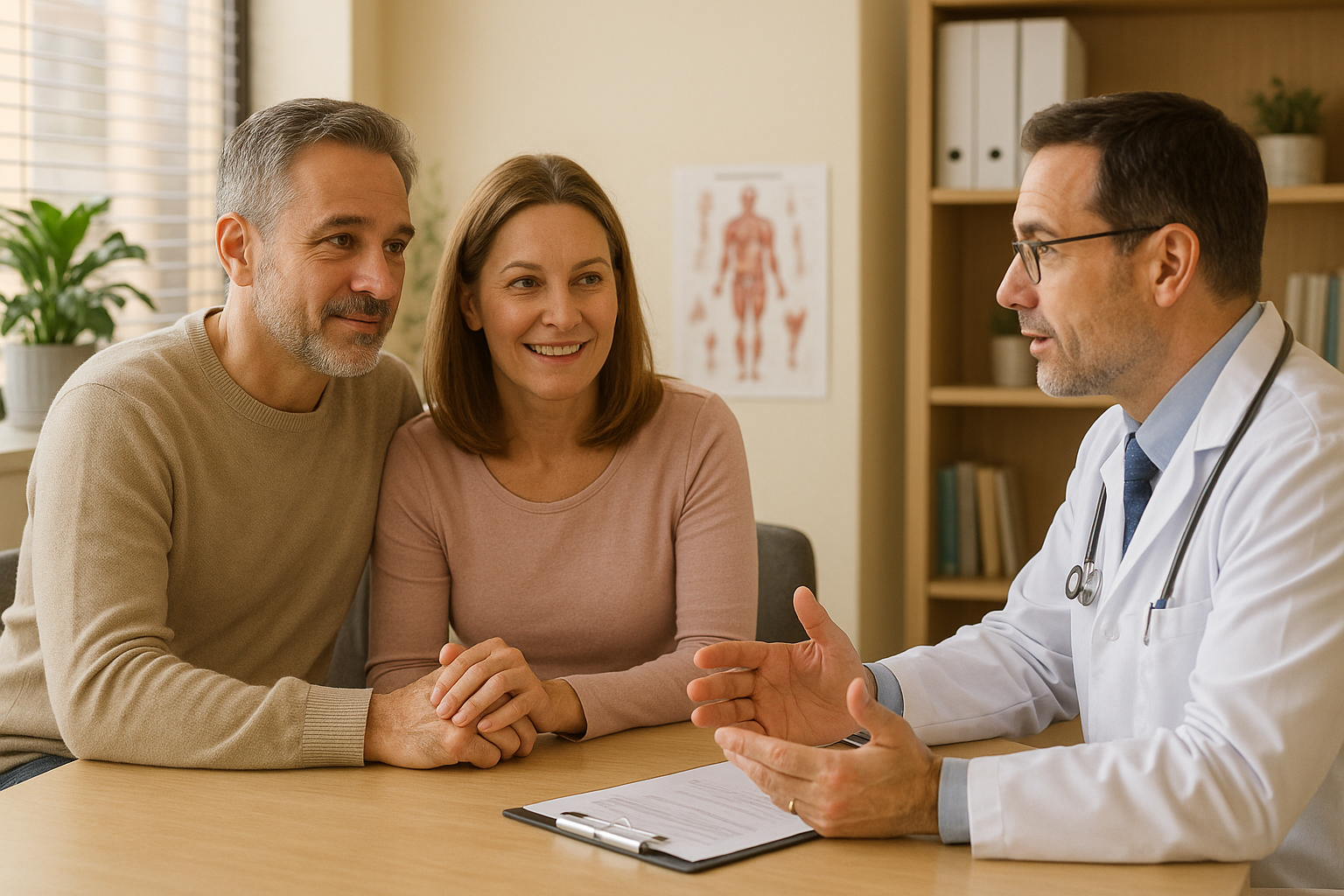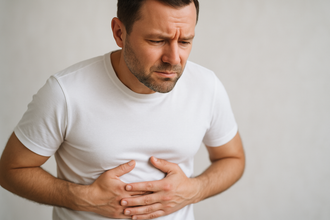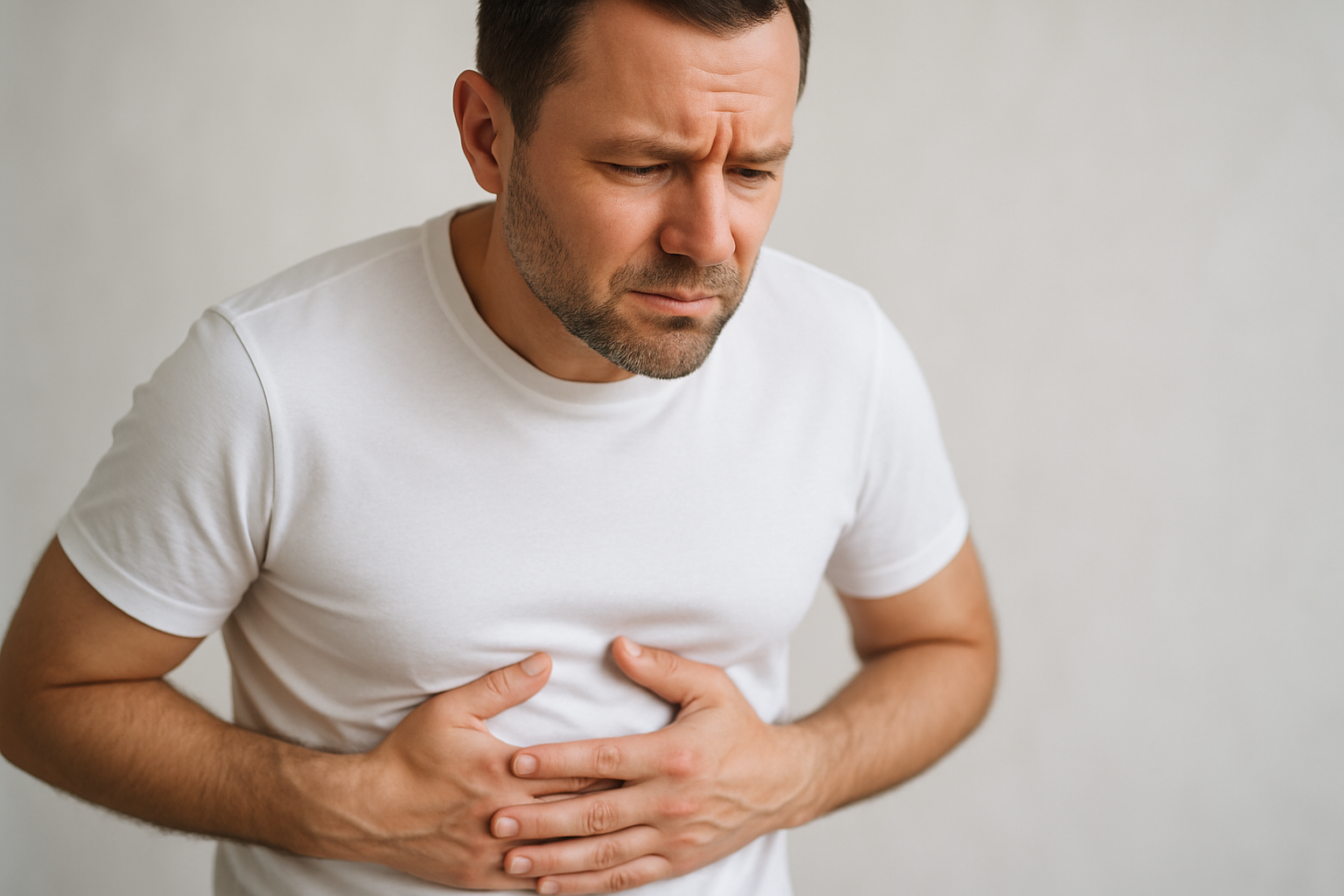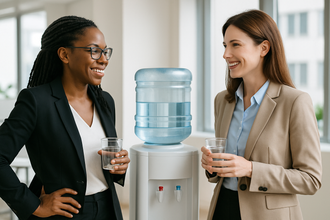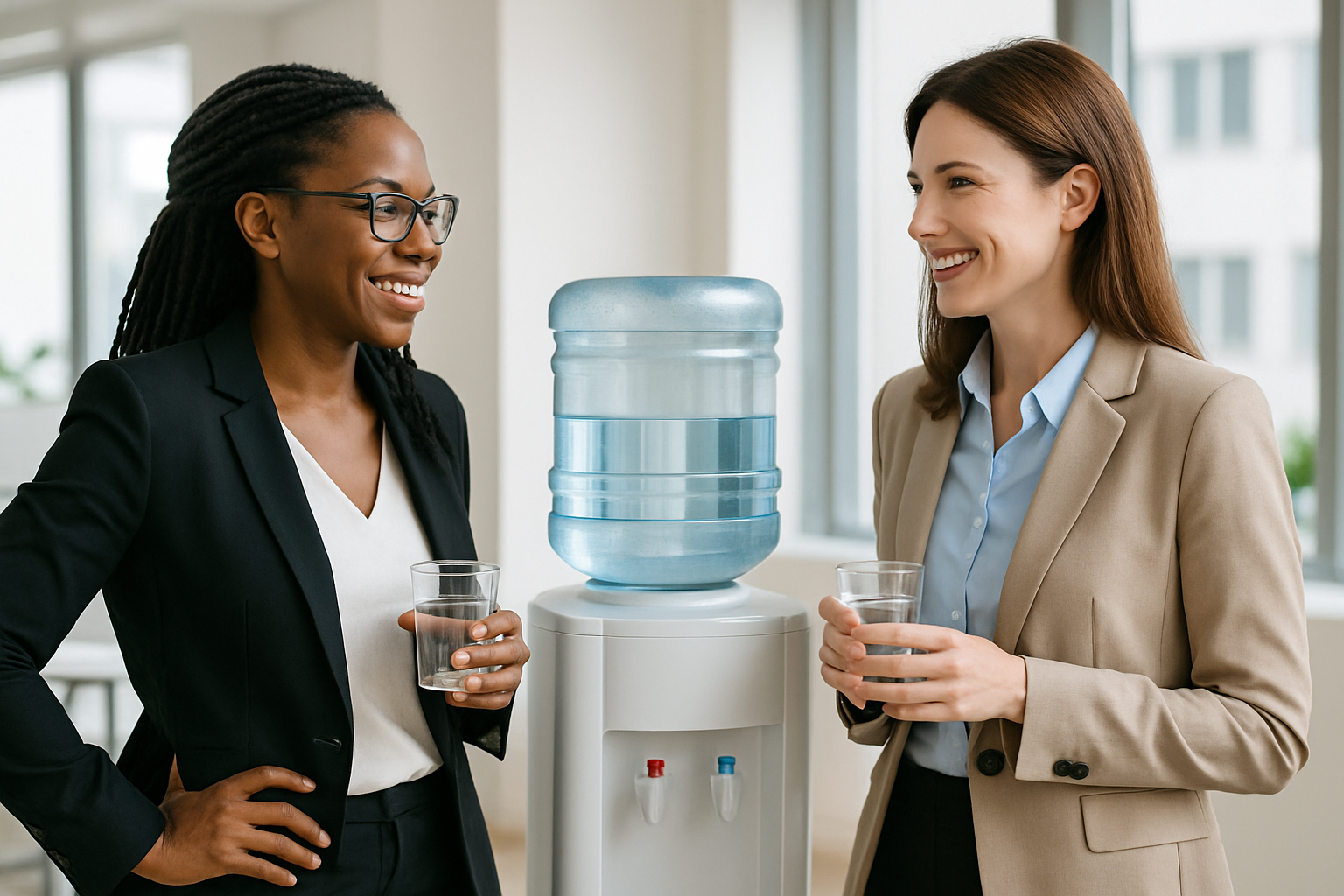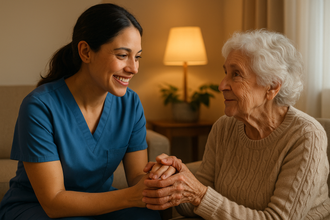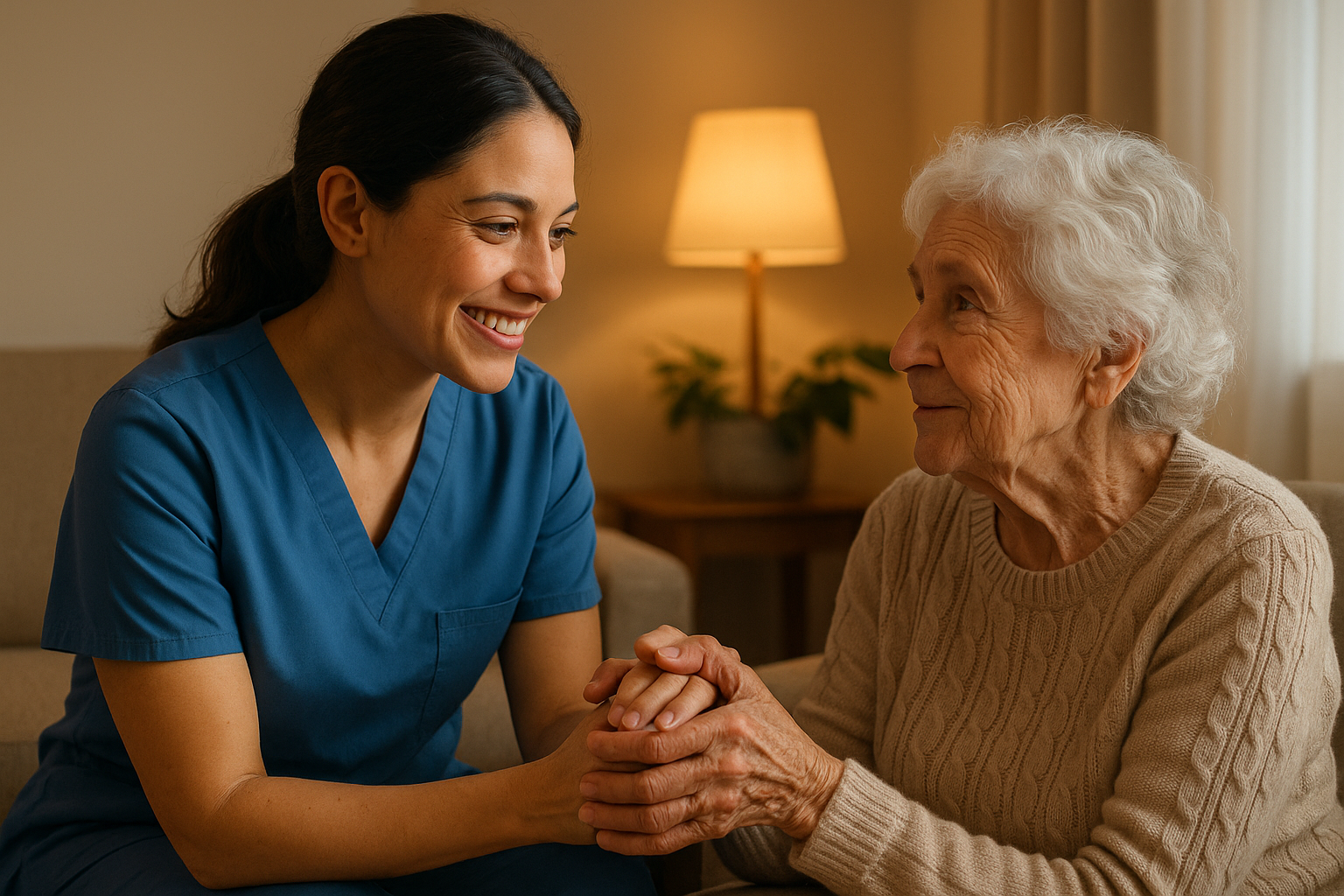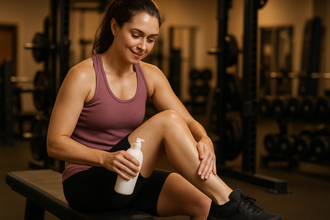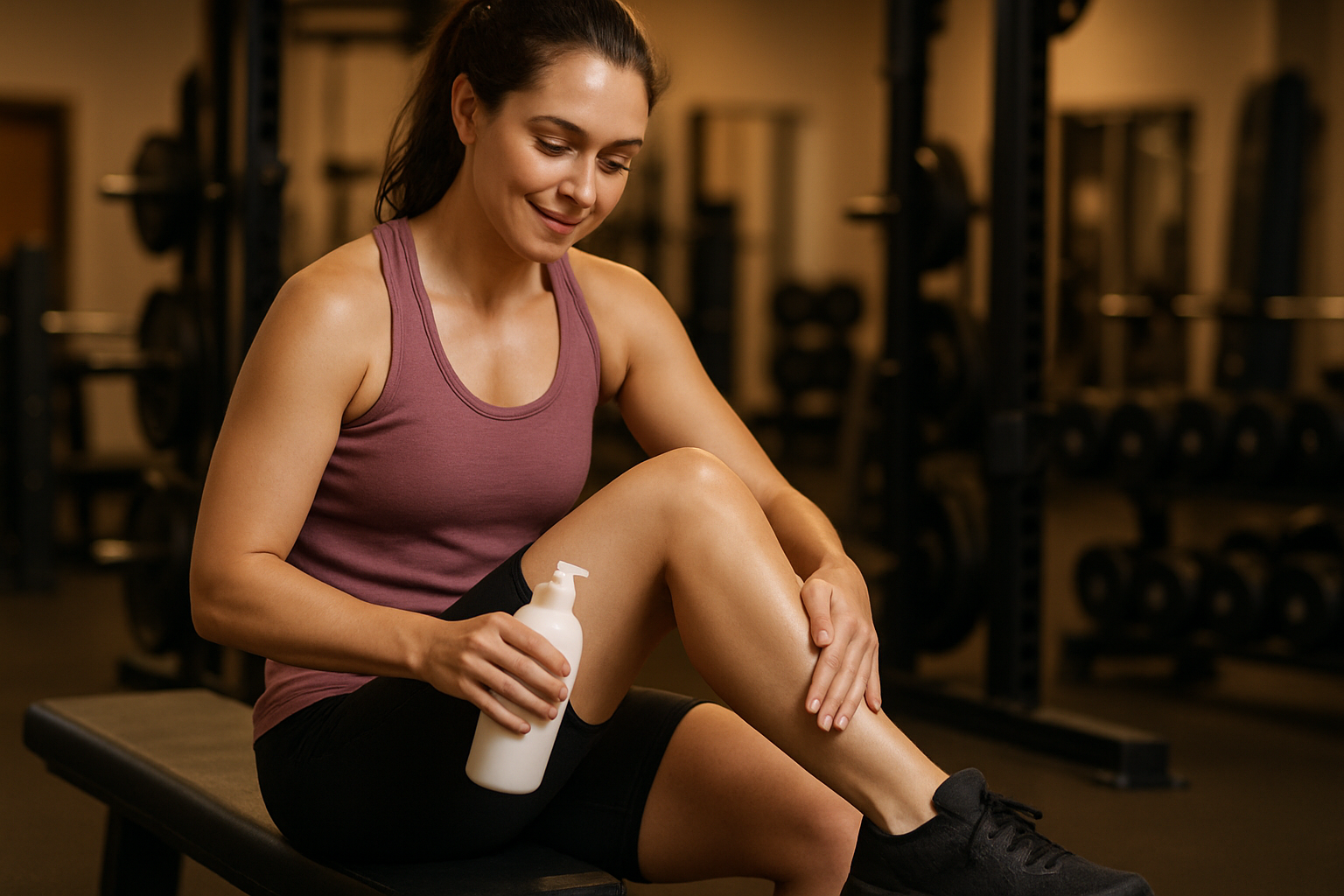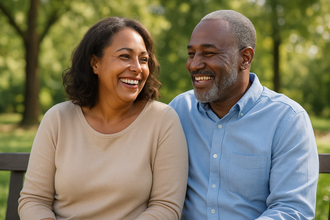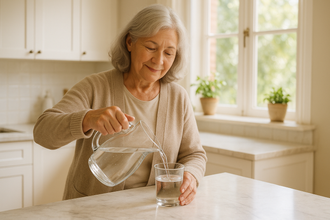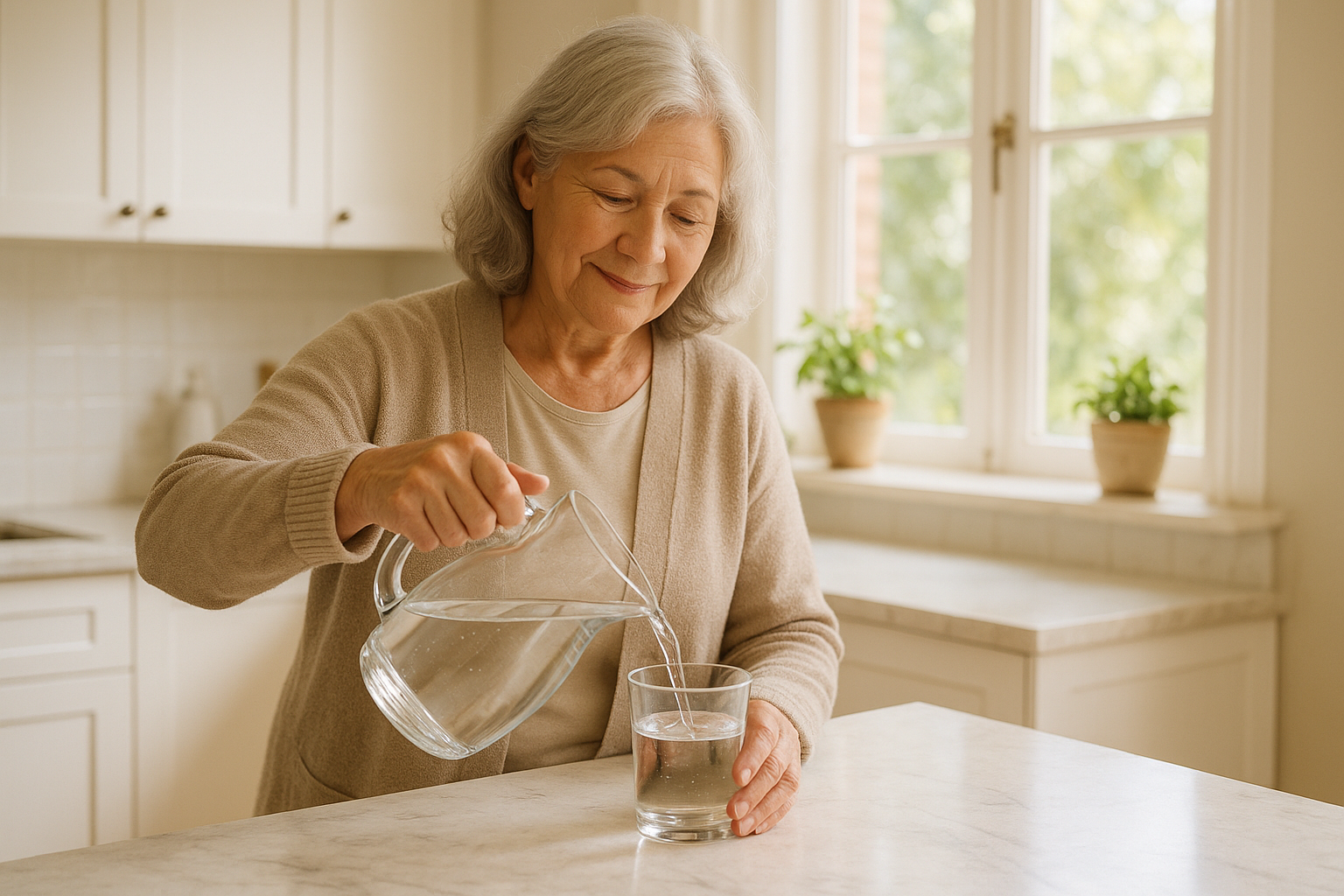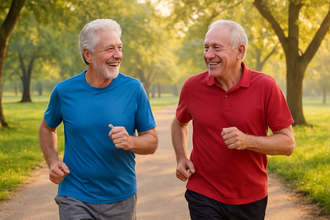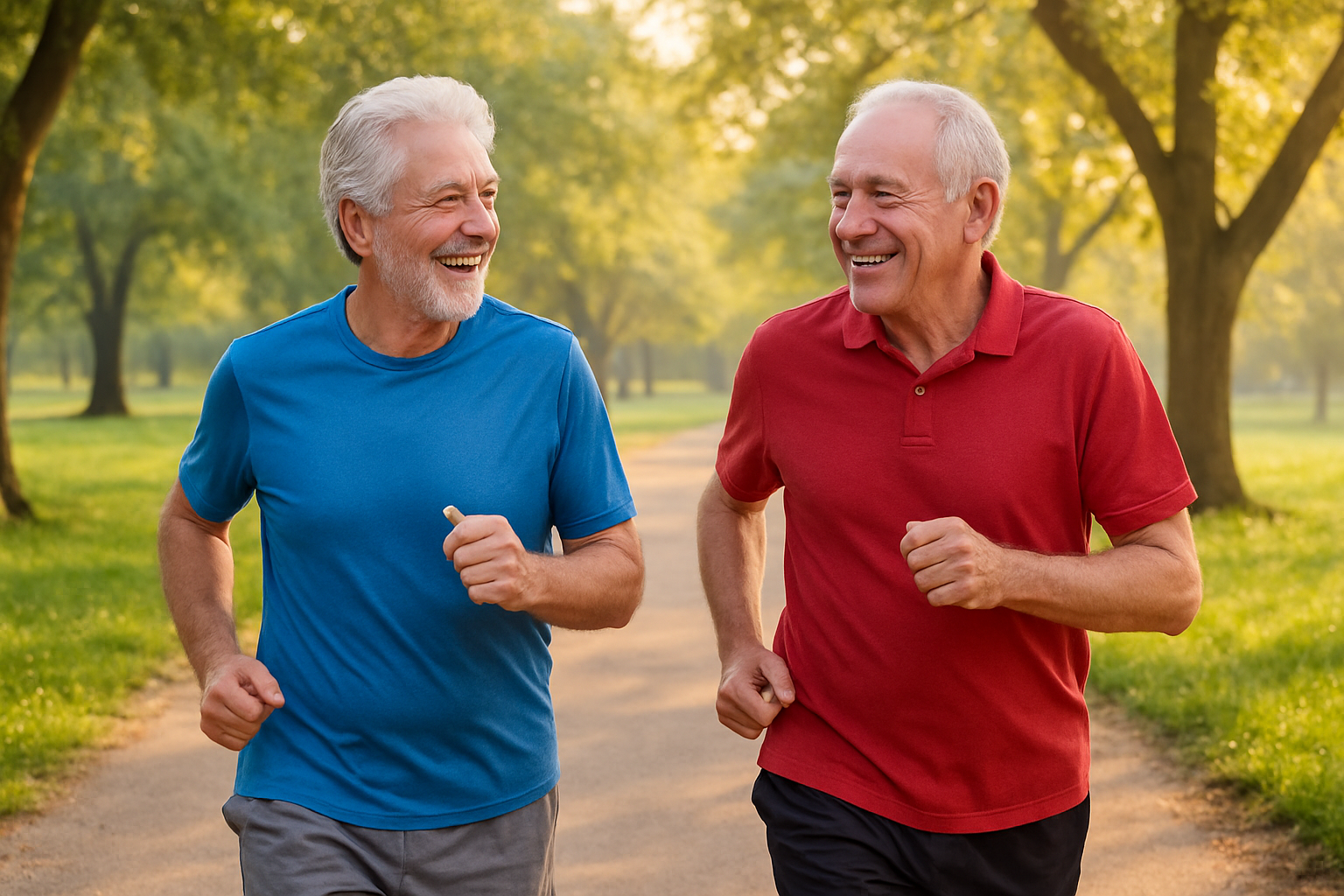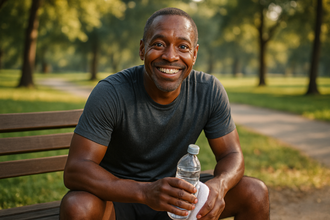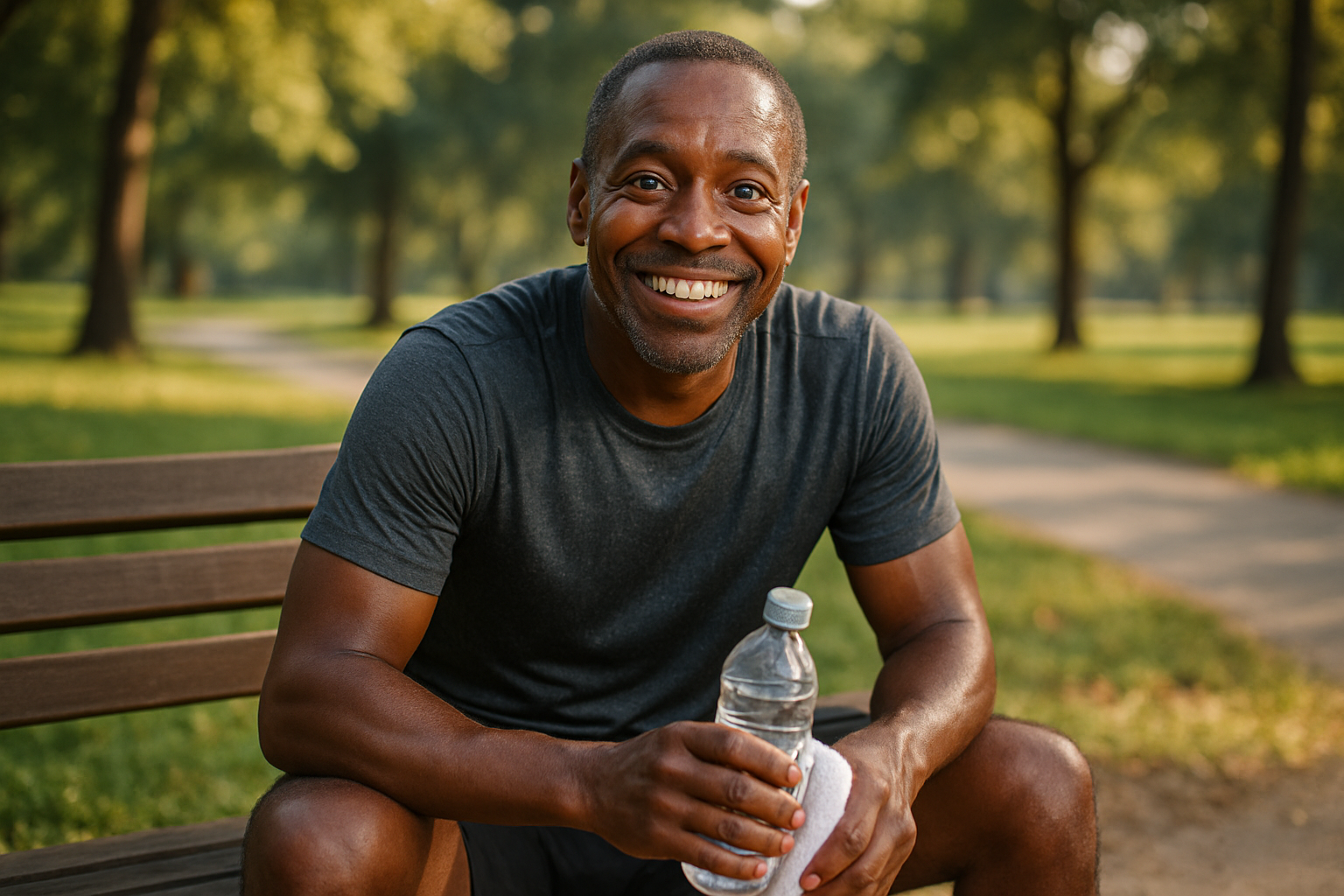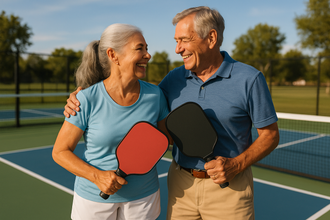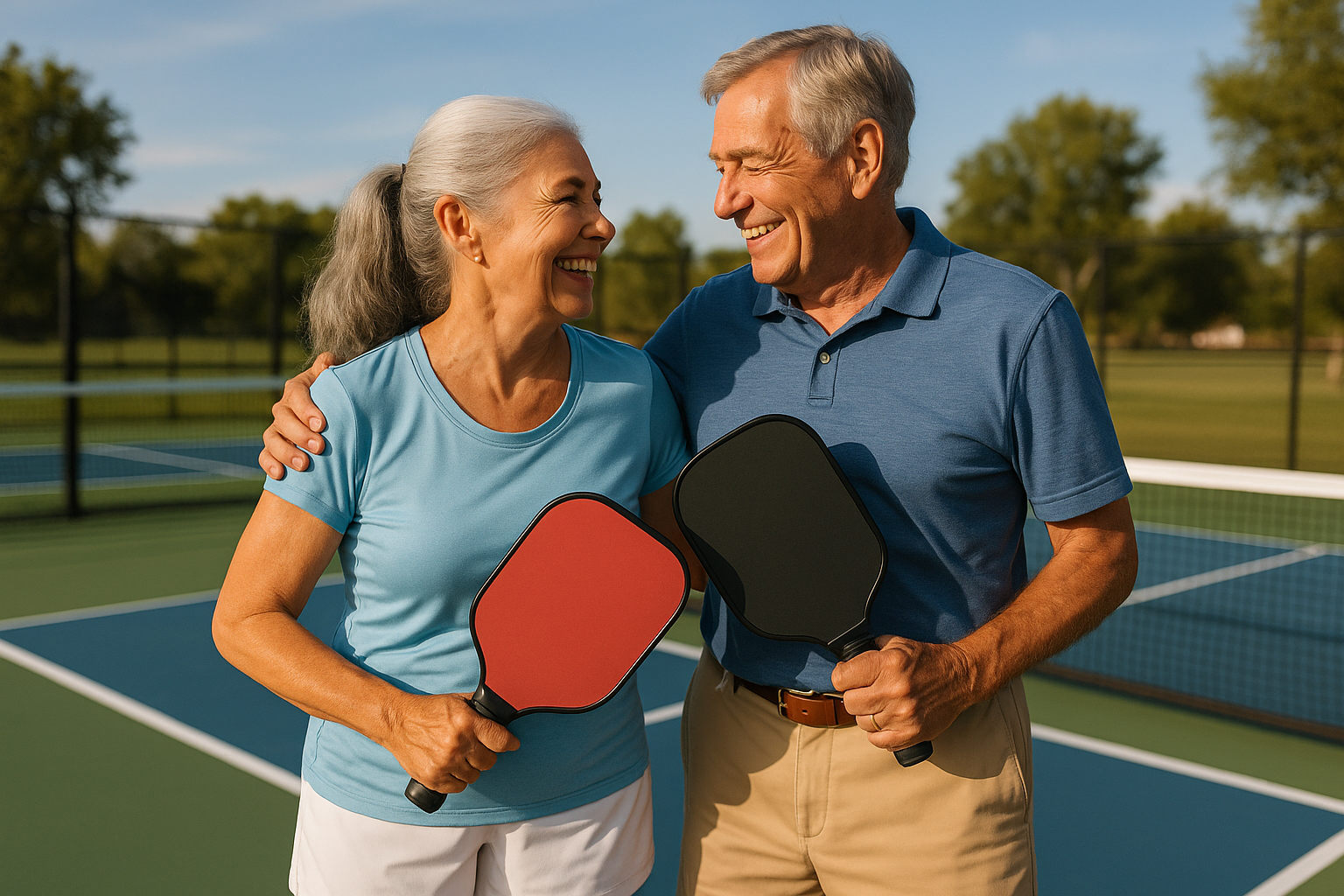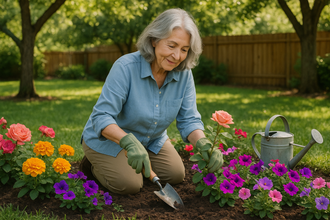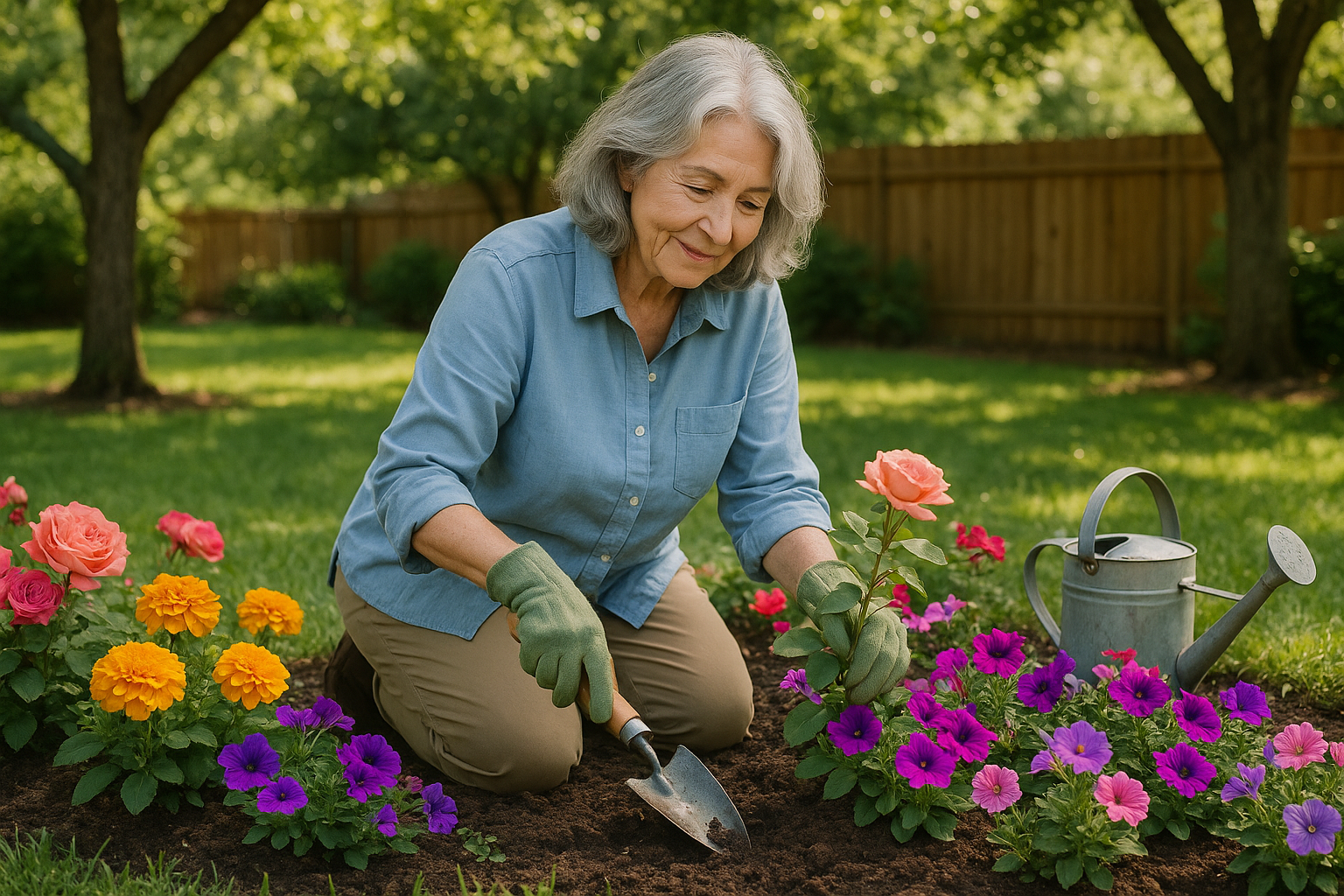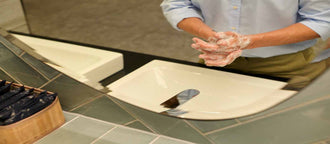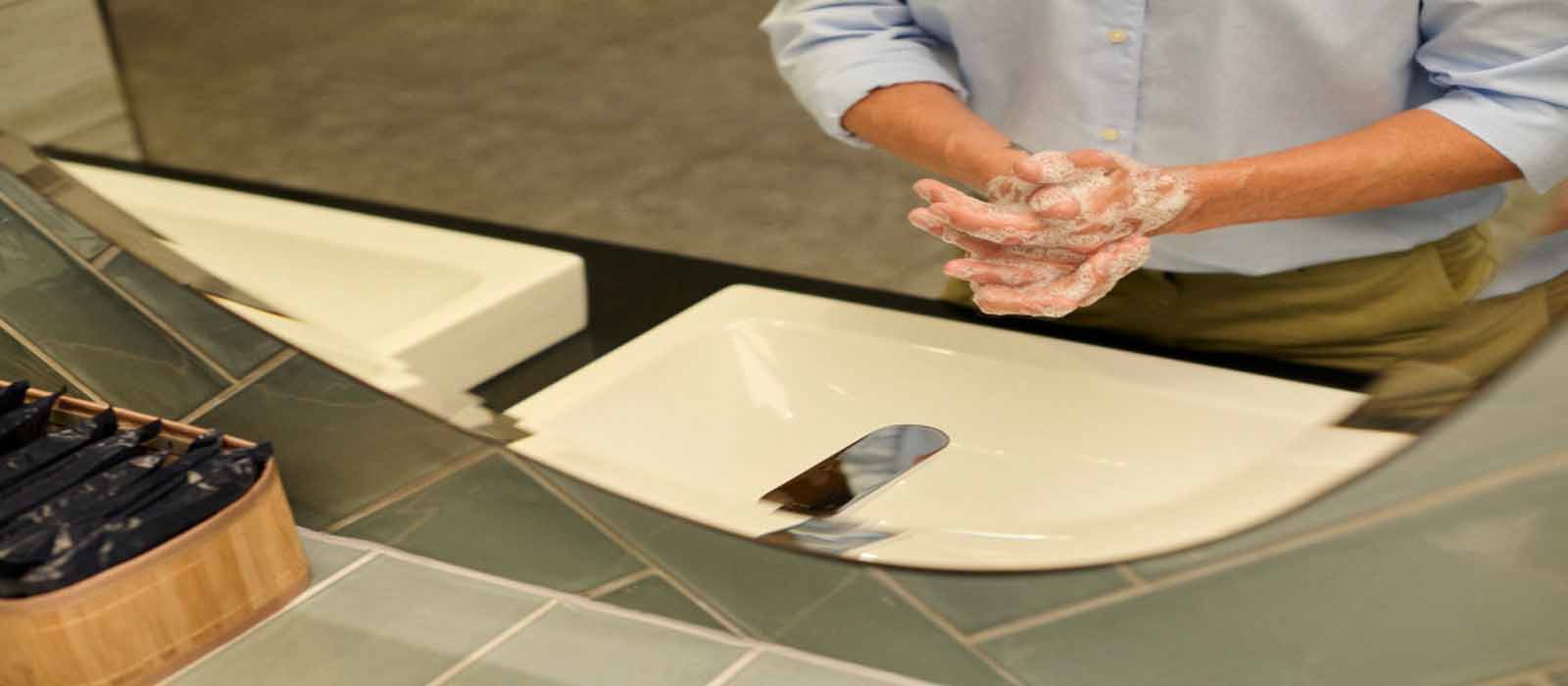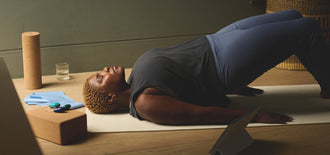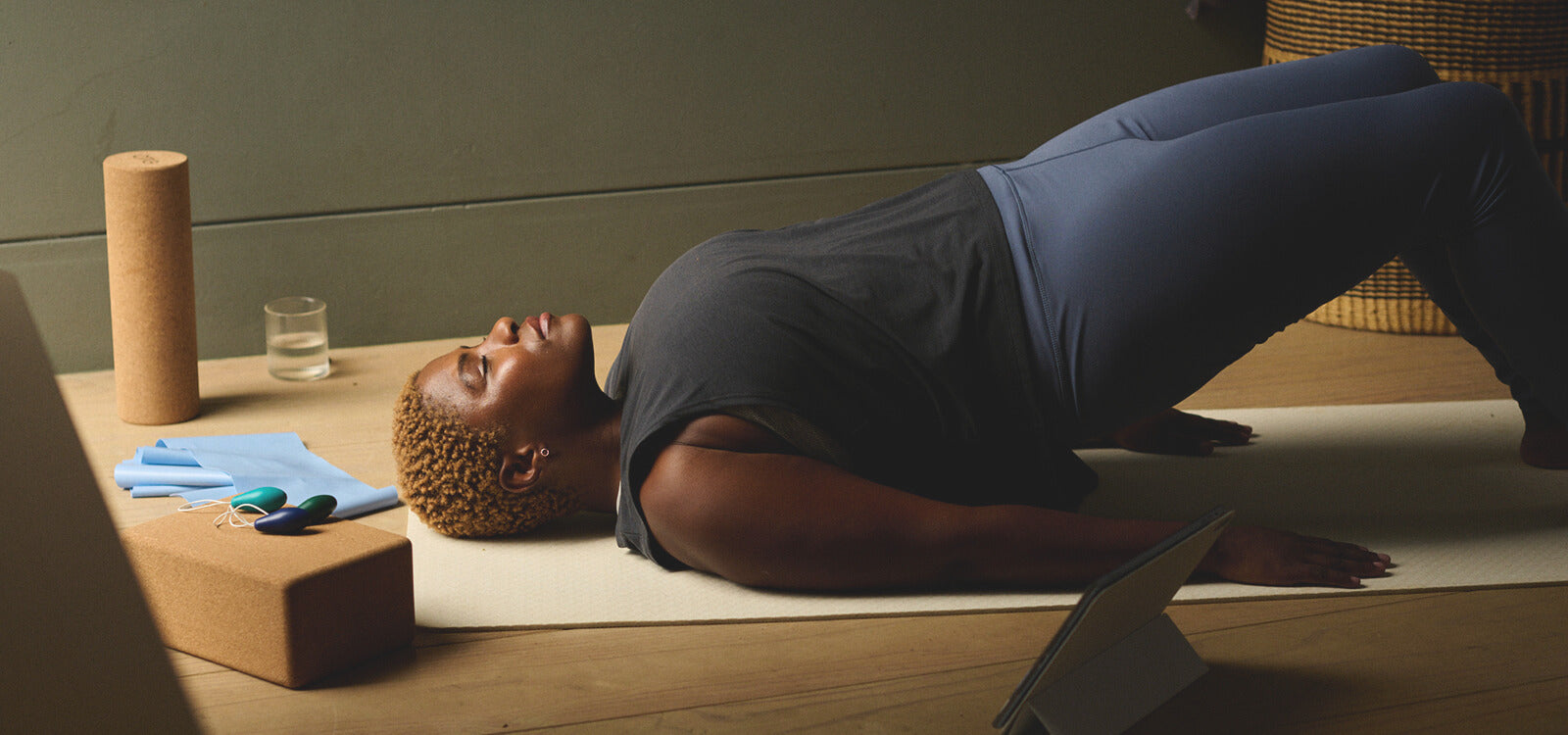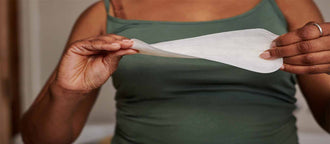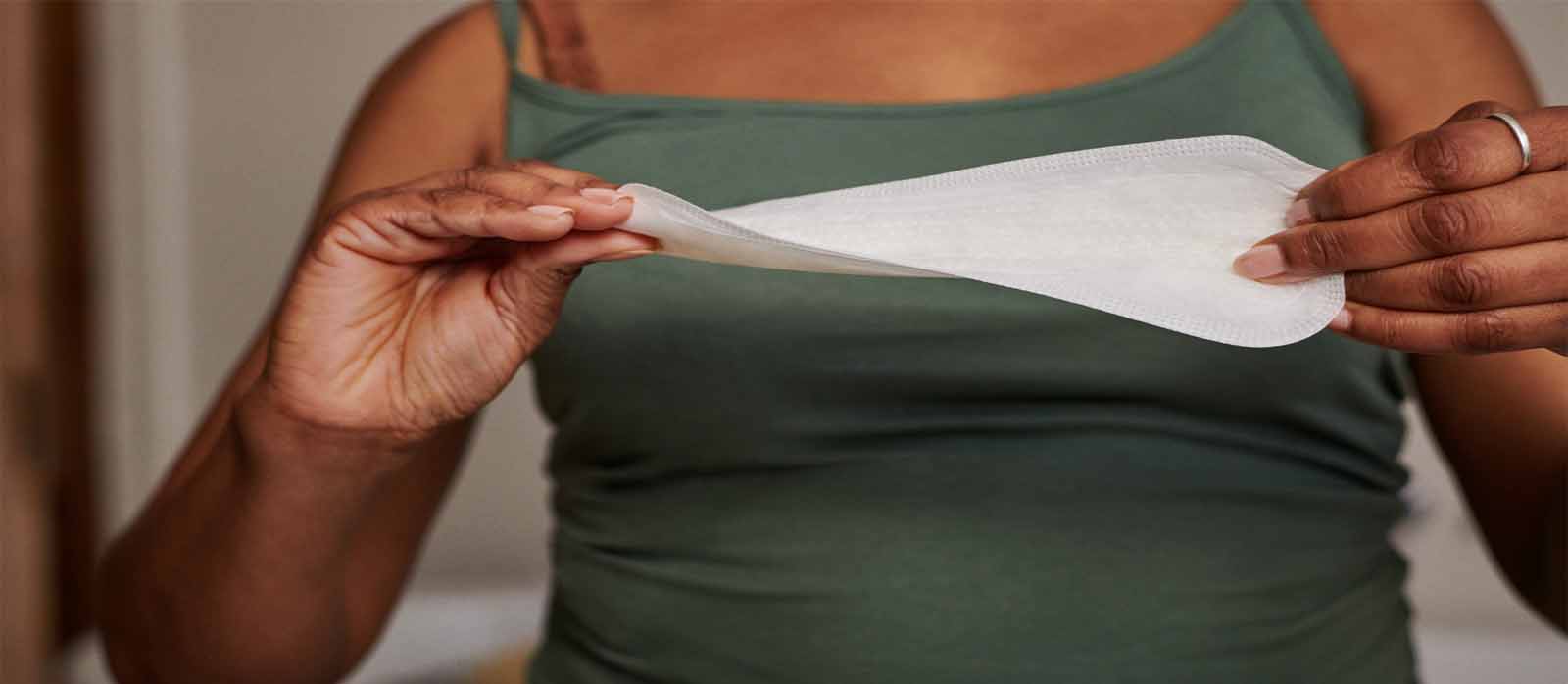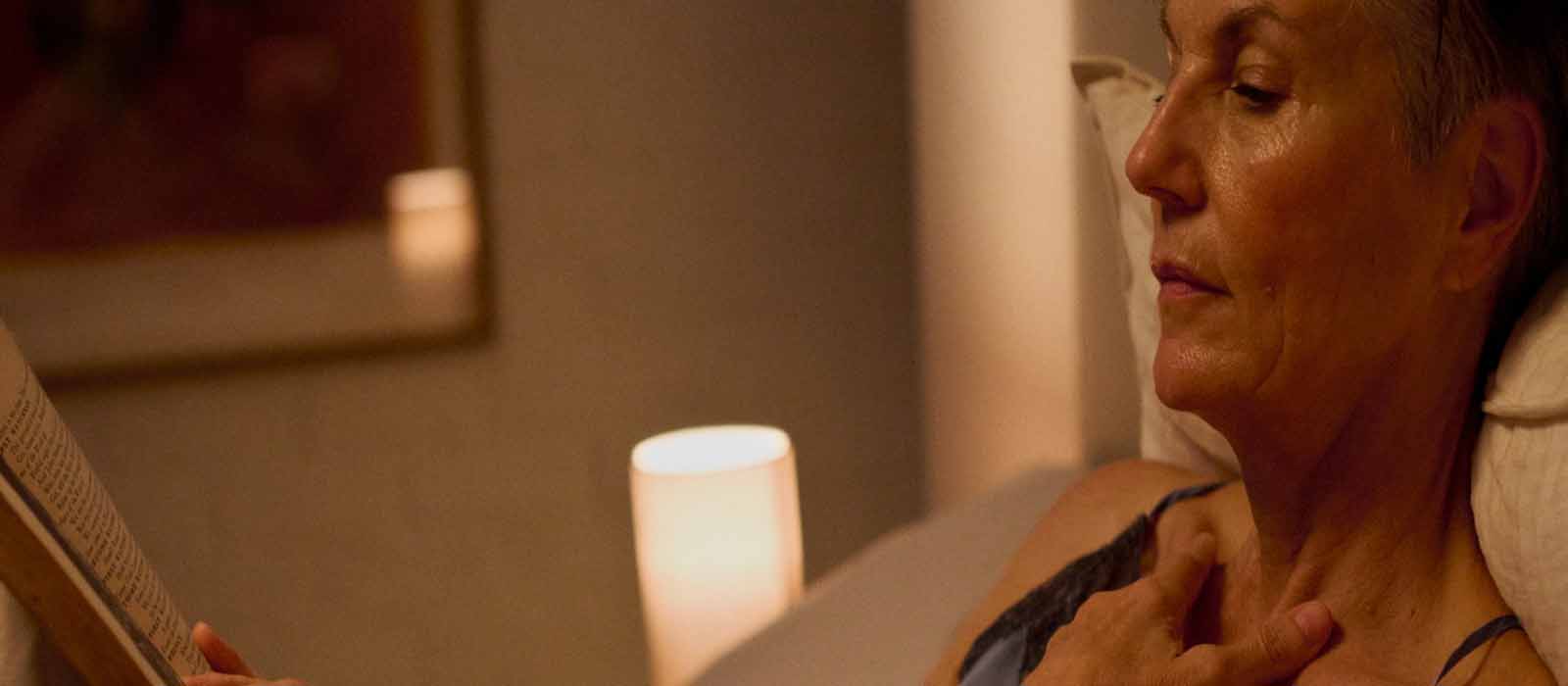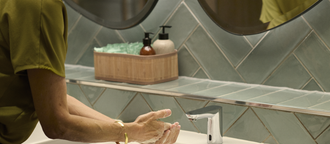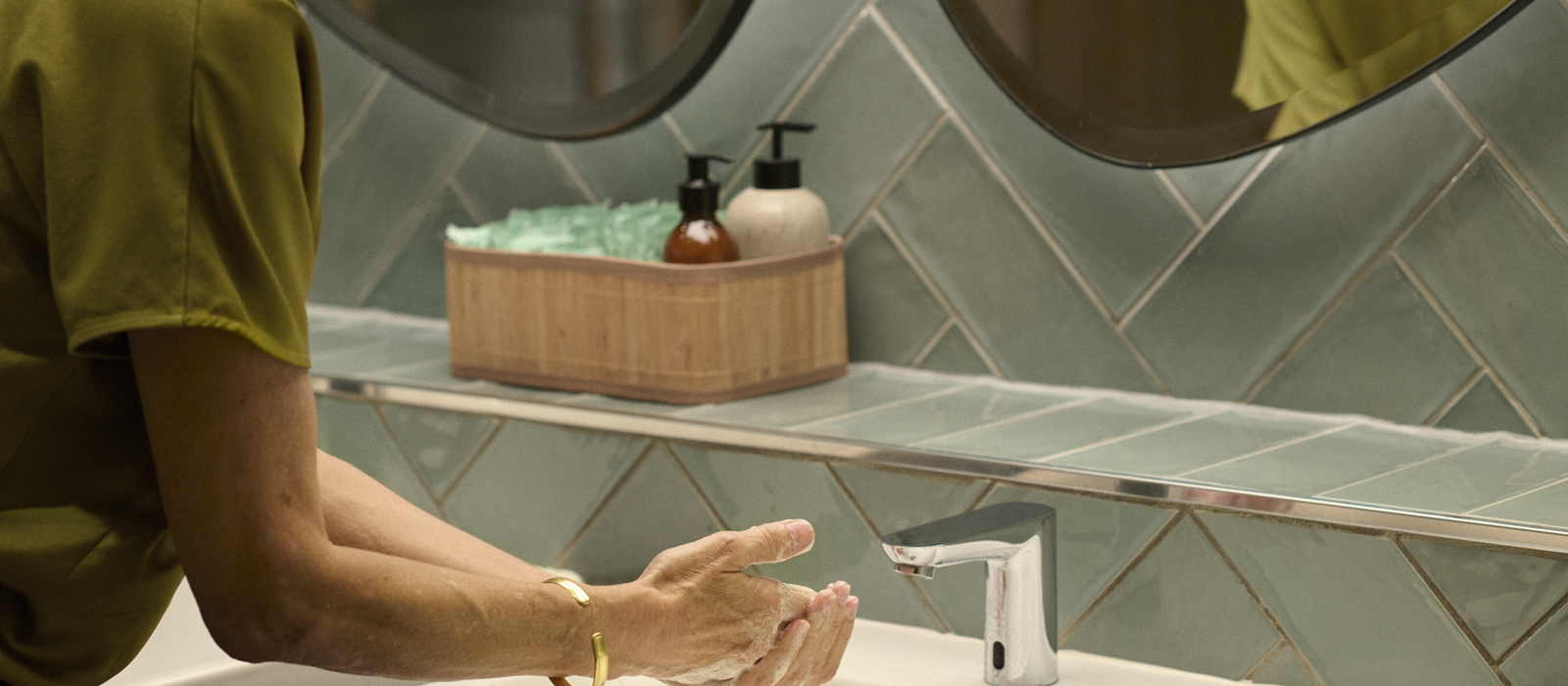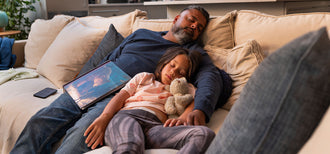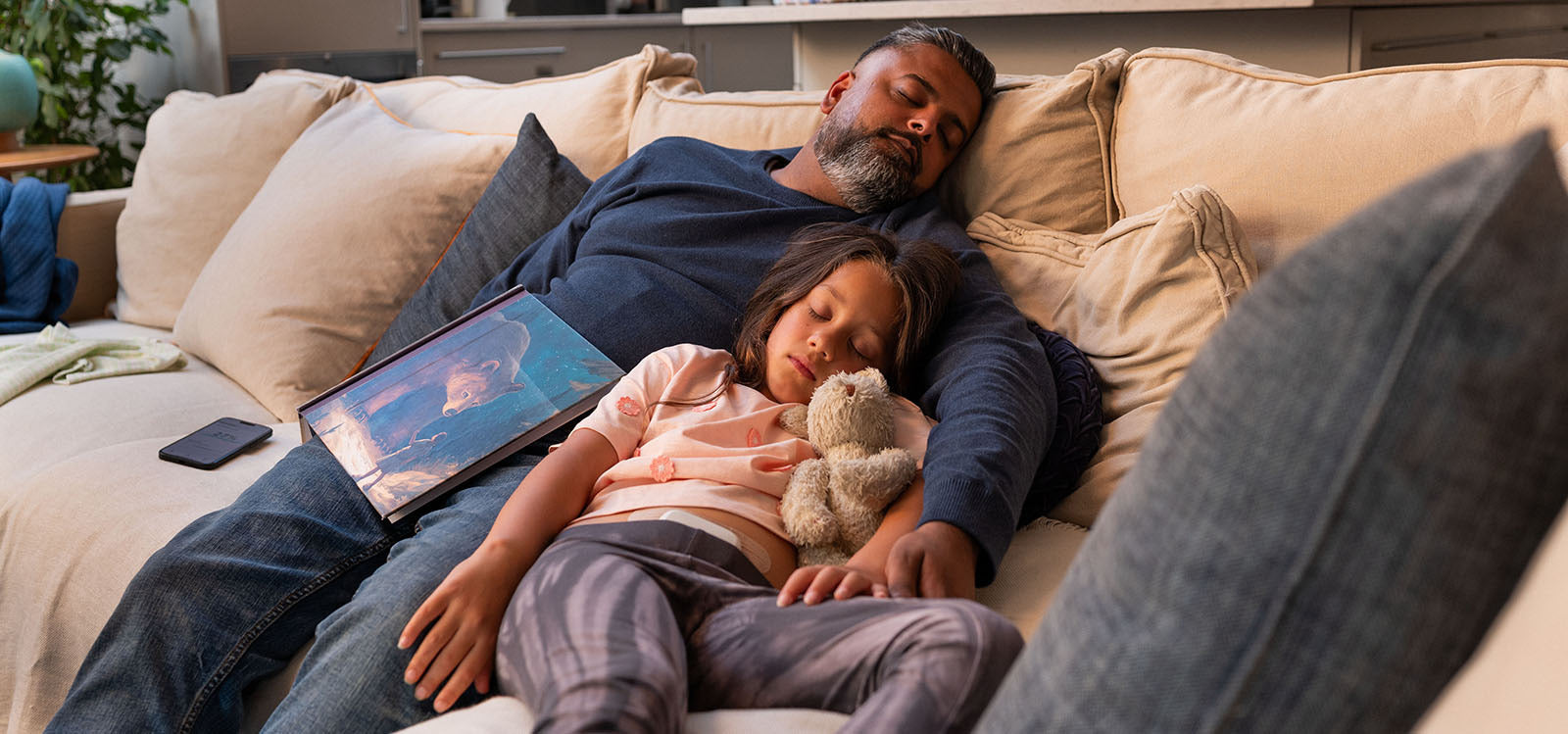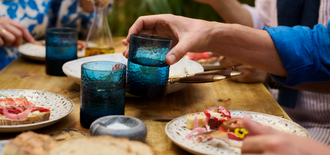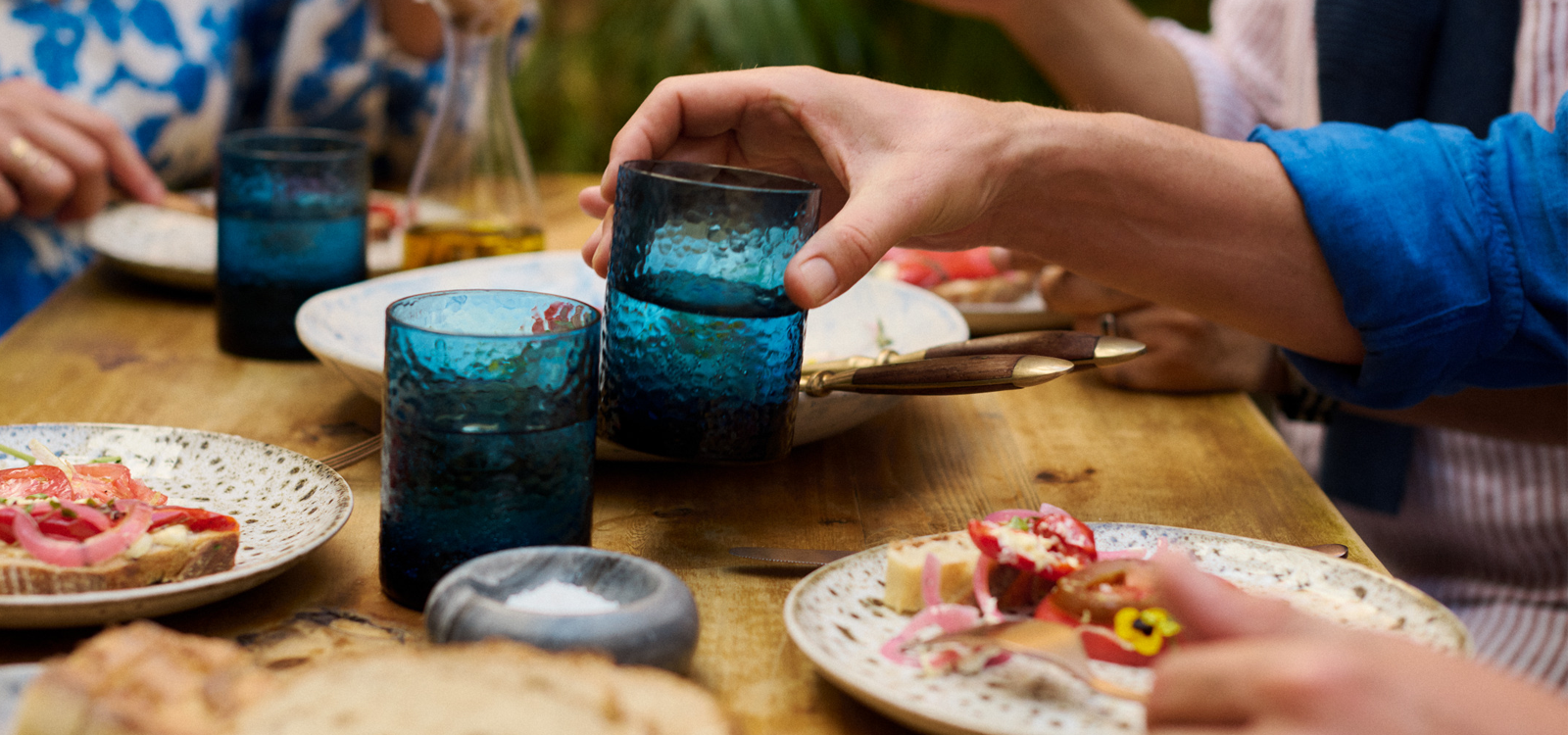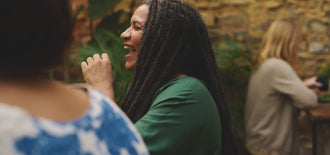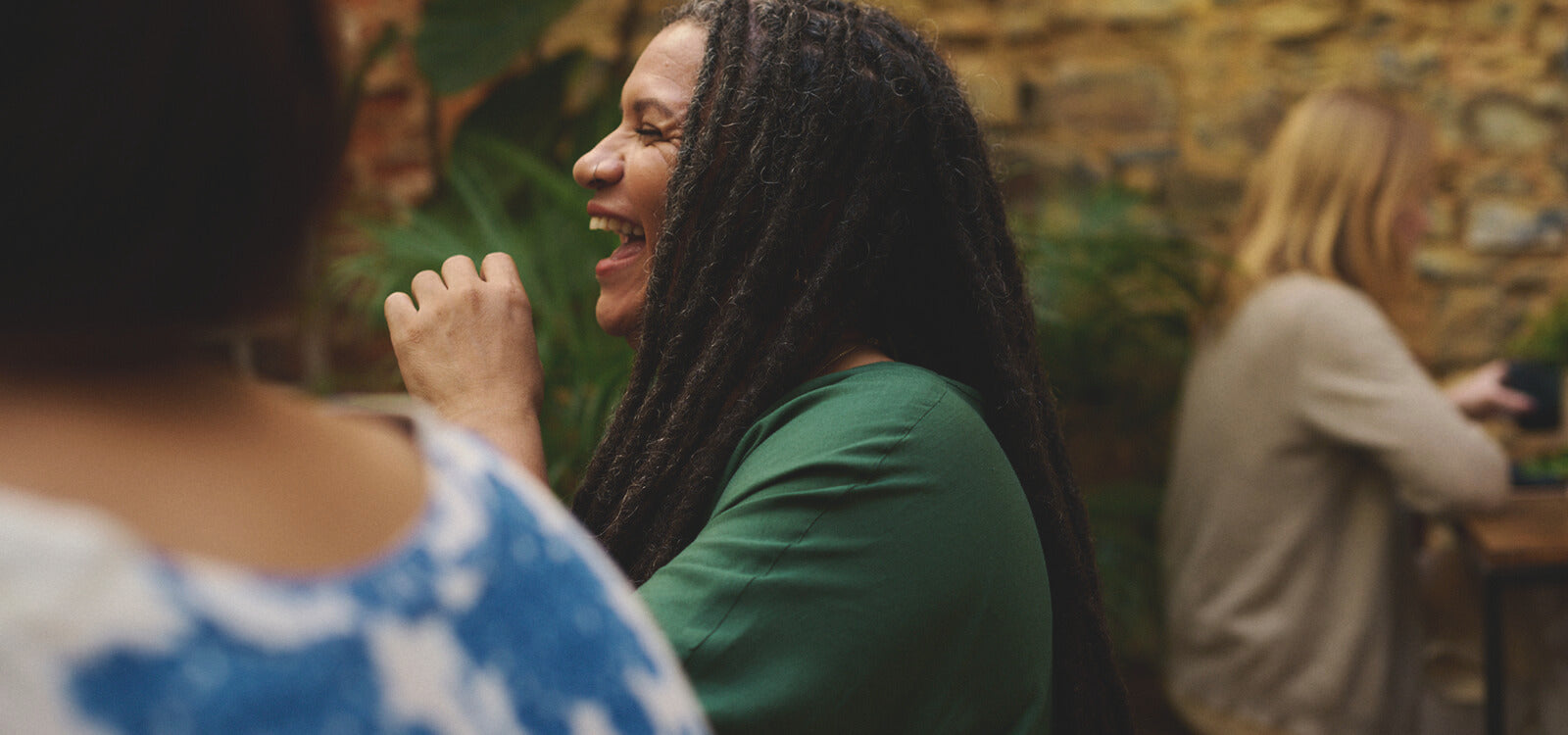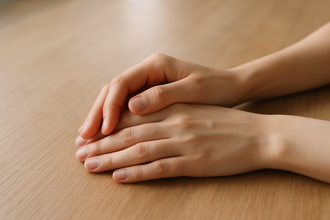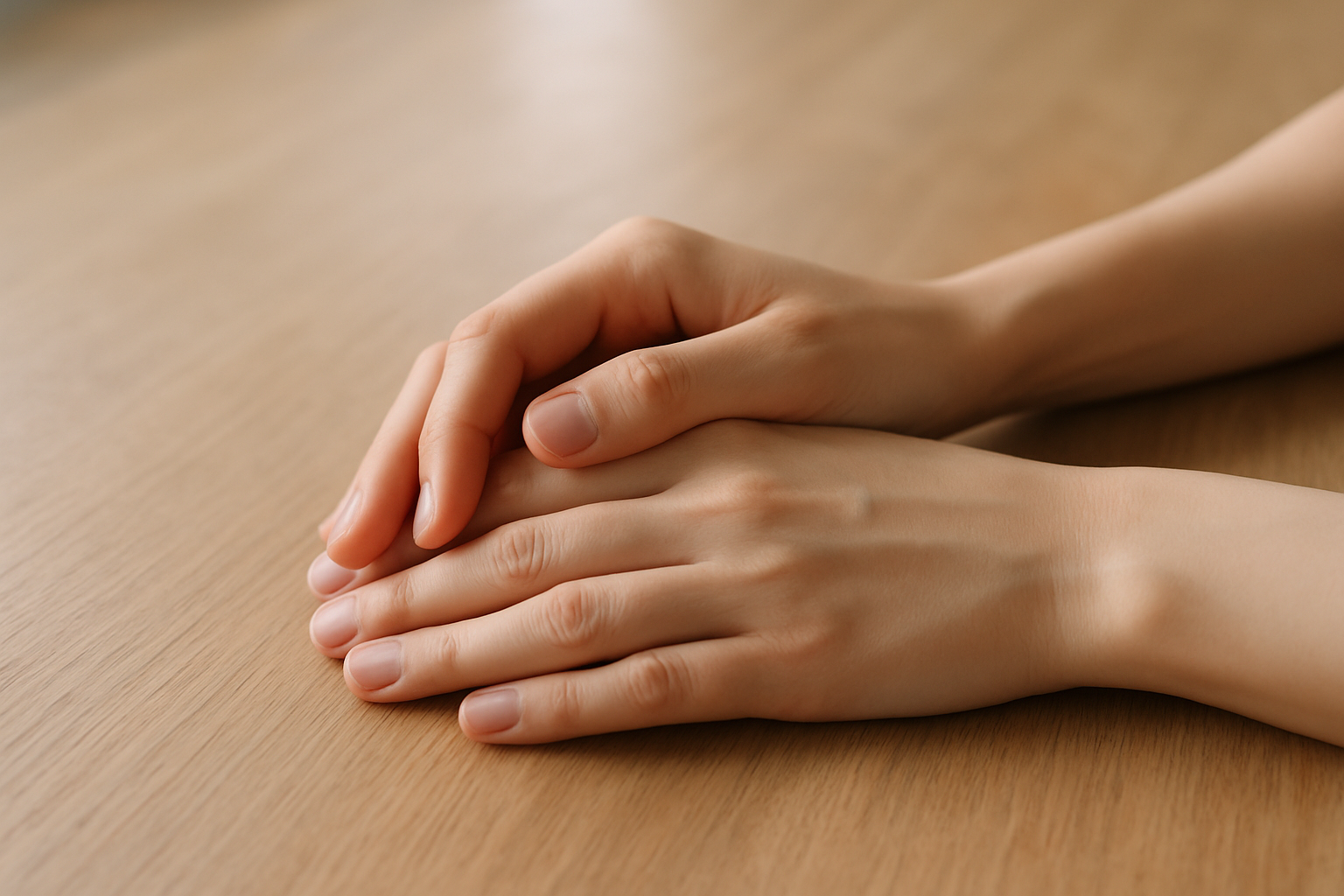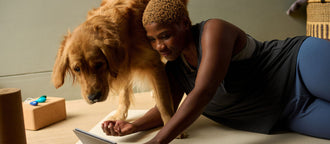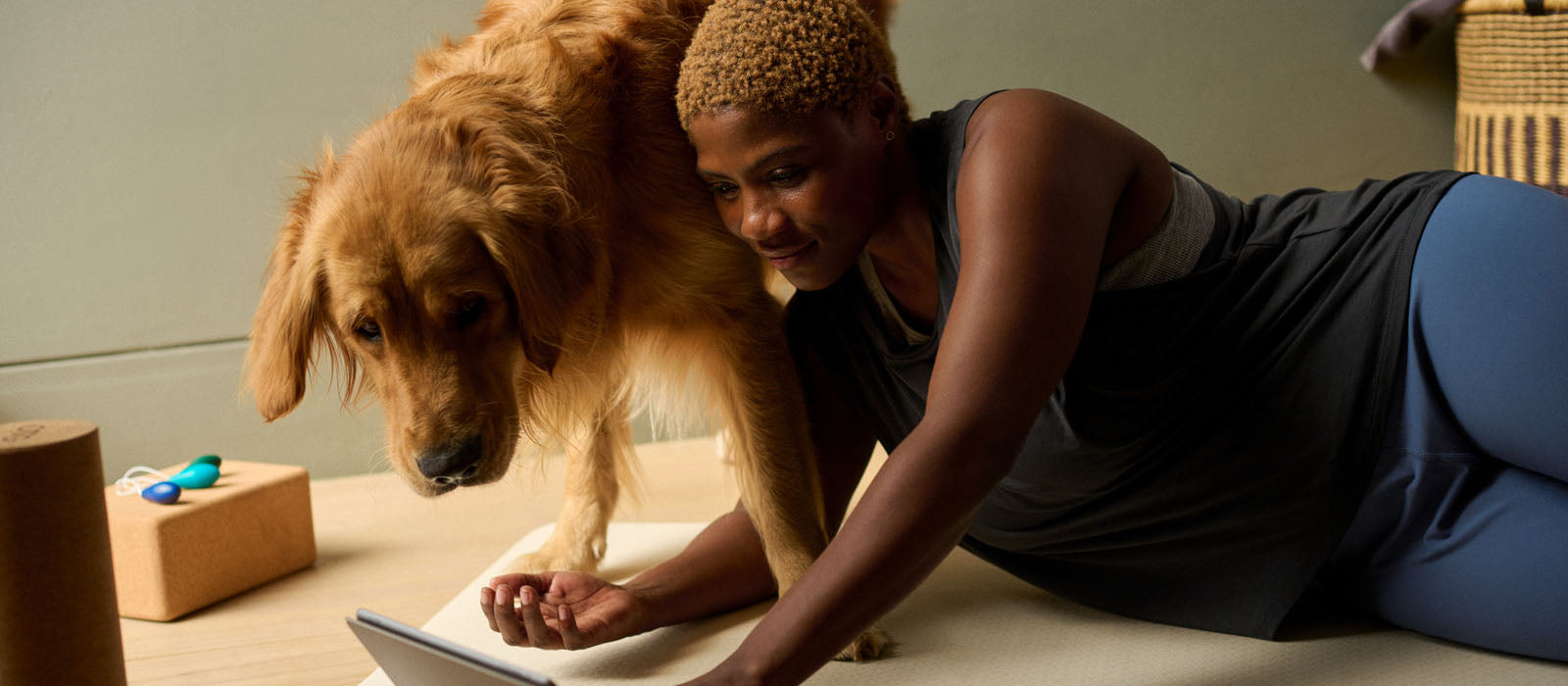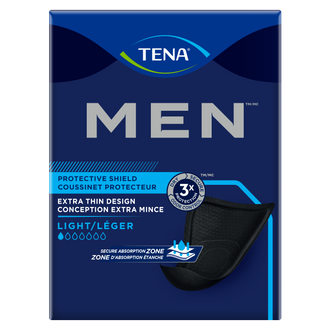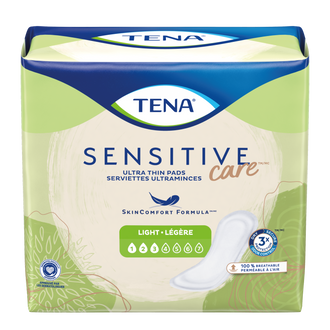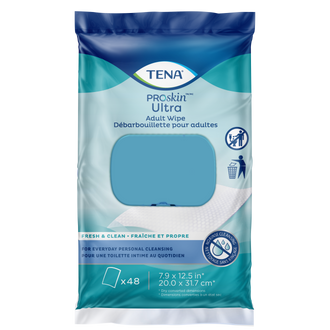Sep 18, 2025
When you feel like every visit to the bathroom is a race, and making it in time before you have a leak is a win, it's ok to feel frustrated. Urge incontinence can make you feel like you can’t control your own body.
The good news is, it doesn't have to be that way. Let’s explore your potential urge incontinence triggers and how to manage them; so, you can feel more confident and in control.
What Is Urgency Incontinence?
Urge incontinence or bladder urgency are the unexpected leaks that occur after you feel a sudden, intense urge to pee.1 It could feel similar to an overactive bladder (OAB), since it’s one of its main symptoms.2
Who is Affected?
Urge incontinence can happen to both men and women, but it is more common as we become older.3 You might be experiencing urge incontinence because of factors like:1
- Neurological conditions like Multiple Sclerosis or Parkinson's
- Diabetes
- Menopause
- Bladder issues like infections or bladder stones
Urge incontinence is more than just leaks. It can affect your emotions, lower your confidence, and even make you want to avoid social situations altogether.
To take back control, the first step is knowing your triggers. Let's dive right in.
Bladder Irritants in Your Diet
Certain foods and drinks cause bladder irritation and make your incontinence symptoms worse.4 These everyday options may seem harmless, but they can cause more frequent urges to pee.
Here are some drinks and foods to avoid bladder irritation.
Caffeine and Alcohol
Caffeine and alcohol found in everyday drinks like beer, coffee, energy drinks, and wine can irritate your bladder and act as diuretics.5 They increase the amount of pee your body produces and the urge to use the bathroom.5
Acidic or Spicy Foods
Spicy food, citrus fruits like lime, and acidic ingredients like tomatoes can irritate your bladder lining.6 This irritation can lead to increased urgency or leaks.6
Tip: Keep a food diary. If you notice any foods seem to trigger your symptoms, consider cutting back or swapping them out to see if it helps.
Artificial Sweeteners
Artificial sweeteners like aspartame and saccharin could irritate your bladder lining, leading to leaks.7 You can find these sweeteners in diet or zero-calorie drinks.7
Our note: Everyone's body reacts differently; that's why it's important to watch how these foods or drinks affect your symptoms.
Carbonated Beverages
Fizzy drinks like soda, sparkling water, and energy drinks can irritate the bladder lining.7 For some people, they may trigger urgency, frequent bathroom trips, or even leaks.7
On a journey to find bladder-friendly foods and drinks? Read more about the worst food and drinks for overactive bladder.
Fluid Intake Habits
How and when you drink fluids can also affect your bladder, and lead to those sudden urges to pee.8,9 Here's why it happens, and what you can do to stay in control.
Drinking Too Much at Once
Drinking too much water in one go can overwhelm your bladder, making it harder to control sudden urges and avoid leaks.8 Rather drink water gradually throughout the day instead; this keeps you hydrated without overloading your system.8
Not Drinking Enough>h3>
Reducing how much water you drink may seem like a good idea when dealing with leaks, but it only makes things worse.8 Drinking less water makes your urine more concentrated, which can irritate the bladder and lead to leaks.8 It's best to stay hydrated, as this could help improve your incontinence symptoms over time.8
Drinking Late at Night
Drinking alcohol, coffee, or even water too close to bedtime could cause nocturia: waking up several times to pee.9 To help have a more restful night, try to not drink anything at least two hours before bedtime.9
If you find yourself having to get up during the night to pee, you can learn more about nocturia in our helpful article.
Lifestyle and Behavioral Incontinence Triggers
Incontinence triggers are more than just what you eat or drink; they could also be things in your daily routine or environment. Let’s explore how stress, habits, and even temperature changes could affect your urge to pee.
Stress and Anxiety
When you're anxious or stressed, your body releases stress hormones and enters fight-or-flight mode.10,11 This response can overwhelm your bladder and make you feel a sudden urge to pee, even when it isn't full.10,11
Nervous bladder? Learn more about anxiety related incontinence to find out how common it is and what you can do.
Cold Weather or Sudden Temperature Changes
Stepping out on a cold winter day without enough warmth could cause your bladder muscles to contract.12 When that happens, it can increase your urge to pee.12 Don't worry, many other people also experience this!12
Medical and Physical Triggers
Some health conditions can also cause bladder leaks or make them worse. Here’s what they are and how they may affect your bladder.
Urinary Tract Infections (UTIs)
Urinary tract infections (UTIs) can inflame your bladder, causing a sudden, frequent need to pee, often with burning or pain.13 If you notice any of these symptoms, it’s a good idea to see your doctor.14 Untreated UTIs could lead to complications like kidney infections.14
Bladder infections are preventable, and we’ve got tips and advice on how you could prevent bladder infections.
Constipation
When you're constipated, your bowels can get full and press against your bladder.15 This pressure can make both your urges and leaks worse.15
Staying hydrated and adding fiber to your meals are ways that could keep constipation at bay and keep you in control.15
Hormonal and Menopausal Changes (for Women)
For women, hormonal and physical changes during menopause and pregnancy could affect bladder control and lead to sudden urges to pee.16,17 Let’s take a closer look at why this happens.
Estrogen Drops
During menopause, your estrogen levels drop.16 This hormonal shift causes the tissues in your bladder, urethra, and pelvic floor to become thinner and less elastic, making leaks and sudden urges more likely.16
You are not alone; these changes are common, and with the right support, you can manage them.16
Menopause brings a lot of changes in women’s bodies, including leaks and dribbles. Learn more about incontinence during menopause.
Bladder Urgency During Pregnancy
During pregnancy, your body goes through hormonal and physical changes.17 These changes could increase how often you pee and how suddenly your urges hit.17 While stress incontinence is more common, some women may also experience urge incontinence, especially in the second or third trimester.17
You may have some leaks when you’re pregnant and even after. Learn more about urine leaks during pregnancy and after childbirth.
Managing Triggers: Practical Tips
Keep a Bladder Diary
Your doctor might suggest keeping a bladder diary to help figure out what could be affecting your bladder control.18
When filling out your diary, try to include:18
- When you go to the bathroom.
- Any leaks or sudden urges you experience.
- How much water or other fluids you drink.
- An estimate of how much pee you pass.
- What you were doing right before the leak or urge happened.
Adjust Your Diet Gradually
When adjusting your diet, try removing one potential trigger at a time. Start by making a list of foods and drinks that may irritate your bladder in your bladder diary. Then, track how your body reacts as you cut out each one.
This method could help you spot which foods and drinks affect you without unnecessarily cutting out your favorites.
Practice Bladder Training
Bladder training is a behavioral therapy that could help reduce those sudden urges and leaks.19 It involves gradually increasing the time between your bathroom breaks to help retrain your bladder.19
Here are some tips to get started:19
- Track when your leaks or strong urges happen throughout the day.
- Share your notes with a doctor, who can help you set a simple voiding schedule.
- Pee first thing in the morning, then follow your schedule, even when you don’t feel an urge.
- When the urge strikes, try calming distractions or relaxation techniques like deep breathing.
- Once you're ready, slowly extend the time between bathroom visits by 15 minutes.
Strengthen Your Pelvic Floor Muscles
Pelvic floor exercises can help strengthen the muscles that support your bladder and relieve those sudden urges and leaks.20 When you combine them with a bladder diary and training, they could help reduce your urgency episodes even faster.19
If you're not sure how to begin, consider seeing a pelvic health physiotherapist. They can guide you through the right techniques and make sure you're doing them correctly.
Ready to get started? We have Pelvic Floor Exercises for Women lined up.
Stay Hydrated Smartly
While you sip water throughout the day, your pee can help you spot if you're drinking too much or too little: 21
- Clear or white: You might be drinking too much water.
- Light yellow: You're well hydrated.
- Yellow: Still hydrated but keep sipping.
- Amber: A sign you're mildly dehydrated; drink more water.
- Dark orange: You may be dehydrated and could need water and electrolytes.
When to See a Healthcare Professional
While lifestyle changes could help, sometimes you may need extra support from your doctor.
Persistent or Worsening Symptoms
You might want to see your doctor if:22
- You feel pain or burning when you pee.
- Your urges or leaks are getting worse.
- The leaks are starting to affect your daily life.
They may suggest a bladder scan or urine test to help figure out what’s going on and help you feel better.
References
1. WebMD Editorial Contributor. Types of Urinary Incontinence [Internet]. WebMD. 2024. Available from: https://www.webmd.com/urinary-incontinence-oab/types-of-urinary-incontinence
2. What Is Overactive Bladder (OAB)? [Internet]. National Association for Continence. Available from: https://nafc.org/overactive-bladder/
3. Continence Foundation of Australia. Urge incontinence [Internet]. Continence Foundation of Australia. 2020. Available from: https://www.continence.org.au/types-incontinence/urinary-incontinence/urge-incontinence
4. Whelan C. How to Create a Diet for Your Overactive Bladder [Internet]. Healthline. Healthline Media; 2017. Available from: https://www.healthline.com/health/overactive-bladder/overactive-bladder-diet#oab-and-diet
5. Desert Sky Urology. Caffeine and Alcohol: How They Impact Incontinence - Desert Sky Urology [Internet]. Desert Sky Urology. 2023 [cited 2025 Jul 9]. Available from: https://desertskyurology.com/blog/caffeine-and-alcohol-how-they-impact-incontinence/
6. Rachel Reiff Ellis. Overactive Bladder: Foods and Drinks That Can Make It Worse [Internet]. WebMD. 2025 [cited 2025 Jul 9]. Available from: https://www.webmd.com/urinary-incontinence-oab/ss/slideshow-oab-food-drink-avoid
7. Urology Specialists. Can Certain Foods Irritate Your Bladder? | Urology Specialists of the Carolinas [Internet]. Urology Specialists. 2023. Available from: https://urologyspecialistsnc.com/certain-foods-irritate-bladder/
8. How Dehydration Effects the Bladder [Internet]. Arkansas Urology. 2017. Available from: https://arkansasurology.com/how-dehydration-effects-the-bladder/
9. WebMD Editorial Contributor. Why Do I Pee So Much at Night? [Internet]. WebMD. 2023. Available from: https://www.webmd.com/urinary-incontinence-oab/nocturia-pee-night
10. Jim Folk. Loss of Bladder and/or Bowel Control - Anxiety Symptoms" [Internet]. AnxietyCentre.com. 2021. Available from: https://www.anxietycentre.com/anxiety-disorders/symptoms/loss-of-bladder-or-bowel-control/
11. NeuroLaunch Editorial Team. Can Stress Cause Incontinence? [Internet]. NeuroLaunch.com. 2024 [cited 2025 Jul 10]. Available from: https://neurolaunch.com/can-stress-cause-incontinence/
12. Urology Inform. Cold Wind Prevention for Bladder-Sensitive Individuals – Urology Information, Symptoms, Treatment [Internet]. Urologyinform.com. 2025 [cited 2025 Jul 10]. Available from: https://urologyinform.com/cold-wind-prevention-for-bladder-sensitive-individuals/
13. Why am I leaking urine all of a sudden? What causes female urinary incontinence? Can UTI cause urine leakage? | UC Irvine Health | Department of Urology [Internet]. Uci.edu. 2020 [cited 2025 Jul 10]. Available from: https://www.urology.uci.edu/why_am_i_leaking_urine_all_of_a_sudden_what_causes_female_urinary_incontinence_can_uti_cause_urine_leakage.shtml
14. Fletcher J. Urinary tract infections and incontinence: What to know [Internet]. Medicalnewstoday.com. Medical News Today; 2020 [cited 2025 Jul 10]. Available from: https://www.medicalnewstoday.com/articles/uti-and-incontinence#seeing-a-doctor
15. Jenkins S. Can Constipation Cause Urinary Incontinence? [Internet]. National Association for Continence. 2022. Available from: https://nafc.org/bhealth-blog/can-constipation-cause-urinary-incontinence/
16. Allafi AH, Al-Johani AS, Babukur RM, Jehad Fikri, Raneem Rashed Alanazi, Dafaalla S, et al. The Link Between Menopause and Urinary Incontinence: A Systematic Review. Cureus [Internet]. 2024 Oct 11;(39525118). Available from: https://pmc.ncbi.nlm.nih.gov/articles/PMC11550778/
17. Beyazıt A, Hakverdi AU, Gözükara KH. The Effect of Pregnancy on Urinary Symptoms. Cureus [Internet]. 2023 Aug 28;15(8). Available from: https://assets.cureus.com/uploads/original_article/pdf/180081/20230927-11647-1n24bra.pdf
18. Martin L. How to use a bladder diary [Internet]. Medicalnewstoday.com. Medical News Today; 2024. Available from: https://www.medicalnewstoday.com/articles/bladder-diary
19. UCSF Health. Bladder Training [Internet]. ucsfhealth.org. Available from: https://www.ucsfhealth.org/education/bladder-training
20. Warner L. Pelvic floor exercises: Help for incontinence, sexual health, and more - Harvard Health [Internet]. Harvard Health. 2024. Available from: https://www.health.harvard.edu/staying-healthy/pelvic-floor-exercises-help-for-incontinence-sexual-health-and-more
21. Wojcik G. Hydration Chart: Learn to Read the Shades of Your Pee [Internet]. Healthline. 2019. Available from: https://www.healthline.com/health/hydration-chart
22. Gabbey AE. What You Need to Know About Urge Incontinence [Internet]. Healthline. Healthline Media; 2012 [cited 2025 Jul 11]. Available from: https://www.healthline.com/health/urge-incontinence#complications
